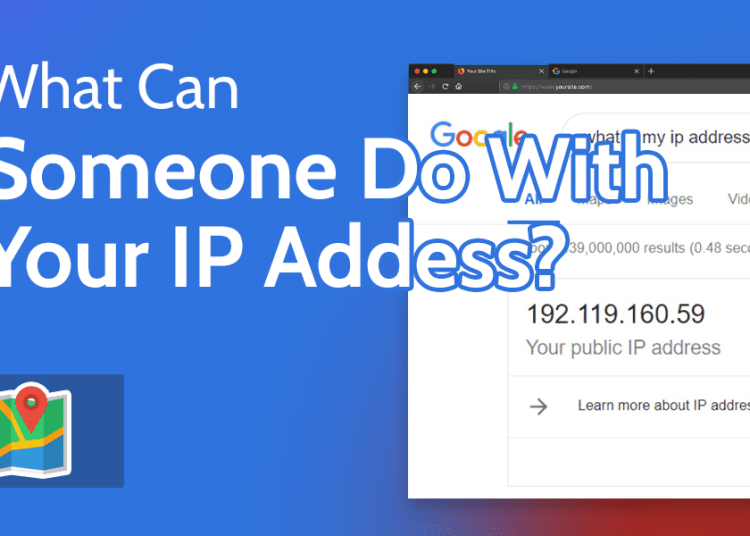An internet protocol (IP) address is a unique identifier for the device on which you’re reading this content. It is unable to access the website or other online services without this numerical identification. While IP allows devices to interact, it may also be used by fraudsters to abuse you. Each device in a computer network is assigned an IP address, which is a unique identity or numeric tag. It’s a series of digits separated by commas, such as 198.163.0.17, that provides useful information about your approximate location. Continue reading to learn what your IP address might be used for.
Find Your Location
Your IP address shows your approximate geographic location. It reveals the city, ZIP code, time zone, and ISP used by the router you’re connected to. You or anyone for that matter can search your IP address lookup in conjunction with other identifying information to track out your exact location. Social media, for example, leaves a trail of personal data. These digital footprints, combined with your IP address, can be used by a thief to determine your exact location.
Doxing Attacks
Doxing is a social engineering technique that is used to obtain your personal information and reveal it to the world without your knowledge or agreement. Your name, address, school or workplace, and even personal images could be included in this information. Doxing, like DDoS assaults, is especially prevalent in gaming groups and on streaming sites such as Twitch. Someone can use your IP address and username to find your location and social media accounts if you play online games. This data can then be compiled and published on the internet. Hacktivists also utilize this tactic to expose anonymous users who have engaged in harmful online behavior.
Track Your Online Activity
This implies that your ISP can see what you’re doing online and on what device you’re using. Your data is recorded every time you use the internet. This contains the device that was used, as well as the software that was utilized. If you live in the United States, your Internet service provider (ISP) has the authority to sell your data to corporations for ad serving, thereby profiting from your data without sharing it with you.
Your IP address does not, by itself, pose a significant threat to your network, digital security, or privacy. The IP address, on the other hand, can be a doorway to major threats. Hackers could obtain sensitive personal information by using social engineering, phishing assaults, and other hacking techniques. If they are successful in using these ways, they will be able to impersonate you, shut you out of particular services, or frame you for major cybercrime. If you haven’t been hit by any of these cyberattacks yet, you’ve been lucky, but you may soon be out of luck. Don’t wait until danger comes knocking. To prevent hackers from stealing your IP address, use the best secure VPN available. The best secure VPN services are ExpressVPN or NordVPN, which we suggest. Observe the aforementioned best practices as well.








